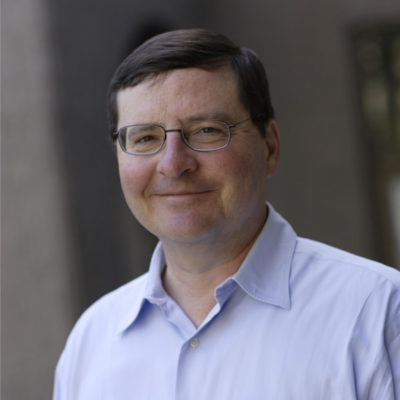Legal Matters: China, Trade, And Politics
Summary
Former Ambassador to China Max Baucus, LLB ’67 (BA ’64), remembers the first time he went to China soon after he was first elected to the Senate.
“An old airport, dirty old roads with weeds coming out of the concrete. And bicycles everywhere,” he recalls before sitting down for the interview that follows. He is, by now, a frequent visitor to China, where he has developed close friendships and associations during his six terms in the Senate and three years serving as ambassador to China from 2014 to 2017. “It’s the scale of the place that really makes an impression. China is just so big—with so many people. Half the world’s power is consumed in China, half the world’s steel is produced in China, and half the world’s coal. It’s a very important relationship for us to get right.”
…
But he was a survivor in a state that has, over the course of his four decades of service, changed from liberal leaning to firmly conservative (from 1997 to 2006, he was the only Democrat elected to federal office in Montana) and back again. Through it all, Baucus has found a way to speak to and for the people of Montana—the state of his birth. He is a fifth-generation Montanan, his family’s roots deep in this Western landscape. His grandfather helped bring aviation to the state and his father owned a large ranch outside Helena. High on his list of career accomplishments is the work he has done for his state—particularly his efforts to protect well over a million acres of public land in Montana.
“I’m proud of everything we’ve done for Montana. But protecting our land was particularly important,” he says.
Alan O. Sykes, Professor of Law and Warren Christopher Professor in the Practice of International Law and Diplomacy
Much like Ambassador Baucus, Al Sykes has put international trade and the ever-increasing exchange of goods and ideas among nations at the front and center of his career. But it is perhaps fair to say that he is the antithesis of a politician. He is soft-spoken and un-showy—but pointed in his arguments. A lawyer and economist, Sykes is widely recognized as being in the vanguard of applying careful economic analysis to the study of international economic law.
As the world becomes more interconnected and interdependent, this field is gaining greater attention, particularly with the rise of economic superpowers such as China and trading blocks such as the European Union. And while the pace of change may be quickening, some of the key economic and legal issues can be tracked through Sykes’ scholarship. Take, for example, Legal Problems of International Economic Relations, one of the first casebooks in the field, which he co-authored in 1995 through its sixth edition in 2013; his contrarian take of Chinese currency manipulation in Currency Manipulation and World Trade, co-authored in 2010 with Robert Staiger; and Economic Foundations of International Law, co-authored in 2012 with Eric A. Posner, which offers a framework for assessing legal issues related to global warming and international crime and the challenges of enforcement.
Sykes’ scholarship and teaching encompass international trade, torts, contracts, insurance, antitrust, international investment law, and economic analysis of law. And not only does he teach about international issues, he also teaches an international cohort of students in Stanford Law School’s LLM program in International Economic Law, Business and Policy, for which he is the founding director.
Read More
